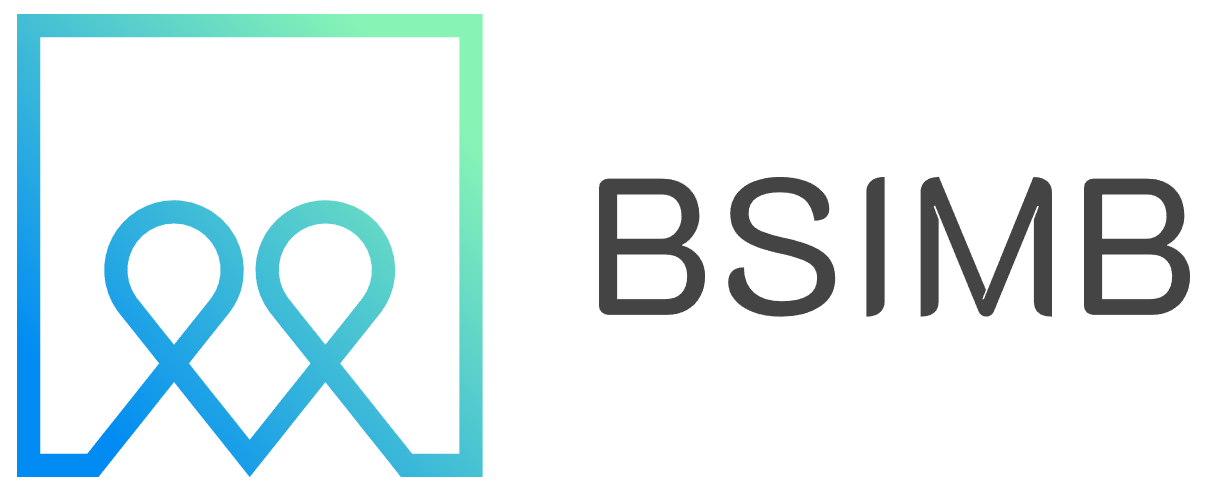For years, my digital life ran on Google Calendar. It was the default, the familiar sun around which my tasks and appointments orbited. But a growing sense of friction began to eclipse its utility. I felt like I was constantly wrestling with its interface to make it work for my specific needs—project planning, deep work blocks, and a personal life that needed more color than just blue. My search for something better wasn't about disliking Google; it was about discovering a tool that felt designed for my rhythm of life.
Why Look Beyond a Giant?
Google Calendar is a phenomenal tool for many. It's free, universally recognized, and integrates with a massive ecosystem. However, "good for most" doesn't mean "perfect for you." The quest for an alternative often starts with a specific pain point. For some, it's the desire for enhanced privacy and data ownership. For others, it's a need for more powerful scheduling capabilities, superior project views, or a design that promotes focus rather than distraction. You might simply crave a different user experience that feels more intuitive and less cluttered.
A World of Remarkable Calendar Apps Awaits
The landscape of calendar applications is rich with innovation. Developers have taken the core concept of time management and spun it into specialized tools that cater to different philosophies and workflows. Here are some of the most compelling alternatives that have risen to prominence.
For the Privacy-Conscious: Proton Calendar
From the makers of Proton Mail, Proton Calendar is built on a foundation of security and privacy. If the idea of a tech giant scanning your appointment details makes you uneasy, this is your answer. All data is encrypted on their servers, meaning even Proton cannot access your events. It offers a clean, minimalist interface and is part of the broader Proton ecosystem. The core features are free, with paid plans unlocking more calendars and enhanced functionality.
For the Power Scheduler: Calendly
While not a direct replacement for a day-to-day calendar, Calendly solves one of Google Calendar's biggest headaches: scheduling meetings. It eliminates the endless back-and-forth of "What time works for you?" by allowing you to set your availability and share a link. People can then book a slot directly, which automatically populates both your calendars. It integrates seamlessly with Google Calendar, Outlook, and others, making it a powerful companion rather than a full substitute for many users.
For Visual Planners: Cron (Now Notion Calendar)
Recently acquired by Notion, Cron (rebranding as Notion Calendar) has been a darling of those who crave a beautiful, keyboard-shortcut-driven experience. It feels like a modern reimagining of a desktop calendar app—incredibly fast, with a sharp UI and fantastic integration with Google Calendar itself. It allows you to view multiple time zones easily and schedule meetings with a natural language input. Its deep integration with Notion makes it a powerhouse for users already in that ecosystem.
For the macOS and iOS Devotee: Apple Calendar
It's easy to overlook the built-in option, but for those fully invested in the Apple ecosystem, Apple Calendar is a robust and capable application. It offers seamless syncing across all Apple devices via iCloud, supports natural language input ("Lunch with Alex next Thursday at 1pm"), and integrates tightly with Siri. Its simplicity and reliability make it a strong contender for anyone who doesn't need advanced features beyond rock-solid, cross-device scheduling.
For the Project-Focused: Todoist or TickTick with Calendar Sync
Sometimes, the best calendar alternative isn't a calendar at all—it's a task manager that brilliantly integrates with one. Apps like Todoist and TickTick allow you to manage tasks and then sync them to your Google or Outlook calendar. This creates a unified view where your to-dos and events coexist. This approach is perfect for those who think in terms of projects and next actions, ensuring that dedicated time for important work is blocked out and visible alongside meetings.
My Personal Shift to a Hybrid System
My own journey led me to a hybrid solution that finally clicked. I realized no single app did everything perfectly. I now use Proton Calendar for my personal life and sensitive appointments, valuing the peace of mind that comes with its encryption. For work, I live in TickTick. I manage all my tasks and projects there and have them synced to a separate Google Calendar, which I view in Cron (Notion Calendar) for its beautiful interface and scheduling prowess. This combination gives me the security I want for personal data, the project management power I need for work, and a gorgeous interface to look at all day.
Choosing Your Next Calendar
Finding your ideal calendar requires a bit of introspection. Ask yourself a few questions: What is my biggest frustration with my current calendar? Do I need better scheduling tools, or a better daily view? How important is privacy to me? What other tools does it need to work with (email, project management, video calls)? Most of the apps mentioned offer free tiers or trials. Don't be afraid to test-drive a few for a week. Pay attention to how they feel. Does the app reduce your anxiety about time or add to it? The right calendar should feel like a helpful assistant, not another chore.
The truth is, there's no single "best" calendar app. There's only the best app for you, right now, for your specific needs. The move beyond Google Calendar isn't a rejection of a great product; it's an embrace of choice and specialization in how we manage our most finite resource: time.
